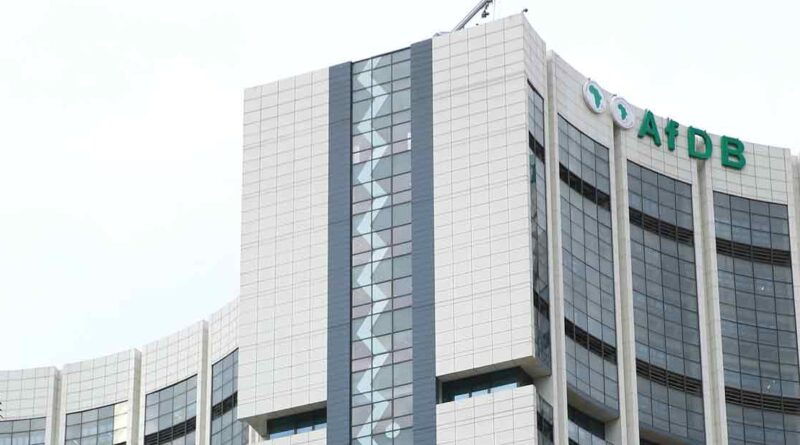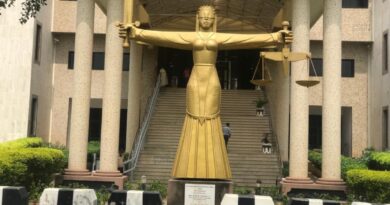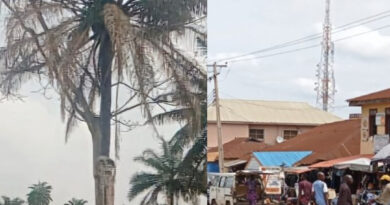AfDB Unveils A Five-Year Plan To Transform Nigeria’s Economy
The African Development Bank Group (AfDB) has approved a new Country Strategy Paper (CSP) for Nigeria, outlining a five-year plan (2025–2030) aimed at driving economic transformation, enhancing resilience, and fostering inclusive prosperity. As part of the initiative, the Bank will commit approximately $650 million annually to support Nigeria’s development agenda.
According to a statement released on Thursday via the AfDB’s official website, the Bank will disburse $2.95 billion over the first four years of the plan. This funding is expected to be bolstered by an additional $3.21 billion in co-financing from other development partners.
The strategy focuses on two main priorities: promoting sustainable, climate-resilient infrastructure to boost competitiveness and industrial growth and fostering inclusive green growth, particularly by empowering women and youth through industrialisation. With Nigeria’s infrastructure deficit estimated at $2.3 trillion from 2020 to 2043, the Bank’s investments will target critical areas such as climate-smart road networks, power expansion, clean water access, and agribusiness development. These projects are expected to generate employment and stimulate broad-based economic participation.
READ ALSO: Tofro.com Flagged As A Suspected Ponzi Scheme By SEC
“This strategy takes a transformative partnership between the Bank and Nigeria to a new level,” said Abdul Kamara, Director General of the AfDB Nigeria Office. “By investing in sustainable infrastructure and inclusive agricultural growth, we are not only building roads and power systems and transforming agriculture—we are building pathways to prosperity for millions of Nigerians.”
The renewed strategy comes against the backdrop of rising economic hardship in Nigeria. According to data from the National Bureau of Statistics, approximately 133 million Nigerians were living in poverty as of 2022. Recent economic reforms under President Bola Ahmed Tinubu’s administration have further contributed to inflationary pressures, significantly increasing the cost of living for many households. The AfDB’s intervention seeks to counter these trends by addressing systemic challenges in infrastructure and agriculture while promoting equitable development across the country.
Content Credit| Ohidah Oluwaferanmi
Image Credit| nairametrics.com




